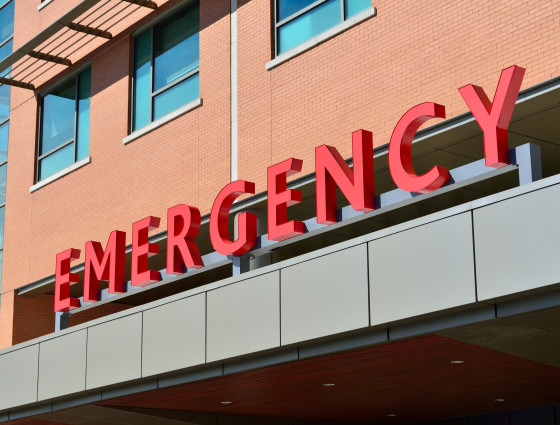
How to help yourself in an emergency
Information on this page is provided to help you, your household and your community prepare for key risks that may affect you.
To see similar advice on social media please search for #WorcestershirePrepared.
Family emergency plan
Prepare your family by creating a family emergency plan.
Discuss with them what you would do if family members are not home when a warning is issued.
Additionally, your family plan should address the following:
- escape routes
- family communications
- ICE number (Incase of Emergency)
- identifying a person to be contacted in an emergency by entering them as 'ICE Mum - 07##' will enable a stranger to know who to contact in an emergency.
- utility shut-off and safety
- insurance and vital records
- special needs, for example medication
- caring for animals
- safety skills
For the most up to date information about preparing for an emergency please visit the Governments Prepare website.
Hazards
There are always some preventive steps we can take to lessen the impact of an emergency event occurring or to deal with the disruption that will arise.
Some of the actions individuals and organisations can take to ensure they are properly prepared can be found on the Be informed about hazards - Prepare website.
First Aid
Learning basic first aid techniques can help every day, not just in an emergency.
Taking a short amount of time to learn the basics now could help to save a life. The British Red Cross and St John Ambulance provide training in basic First Aid.
Emergency Planning Team
Worcestershire County Council
County Hall
Spetchley Road
Worcester
WR5 2NP

 Facebook
Facebook X
X Email
Email WhatsApp
WhatsApp Messenger
Messenger